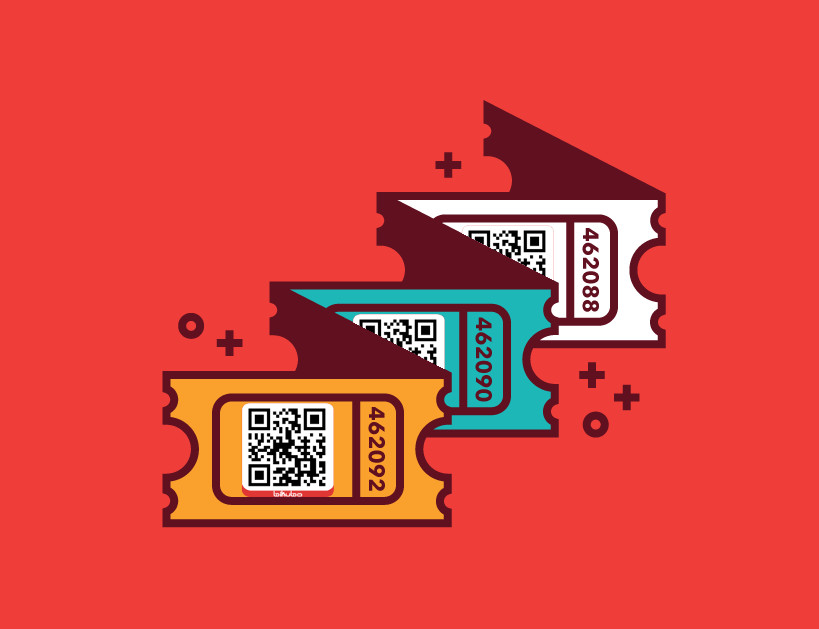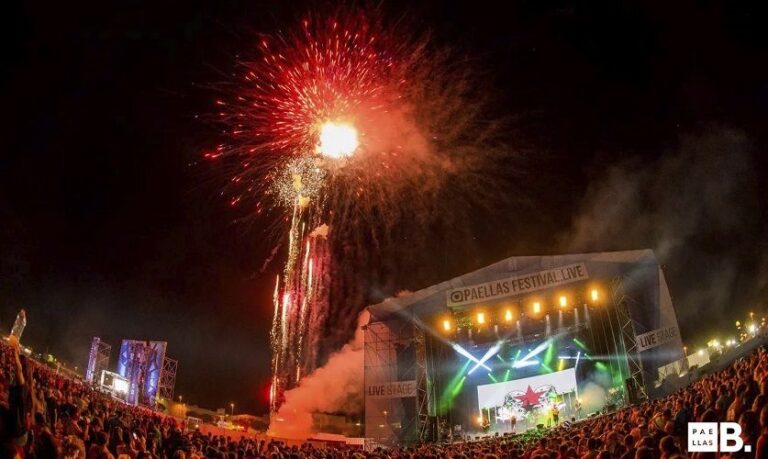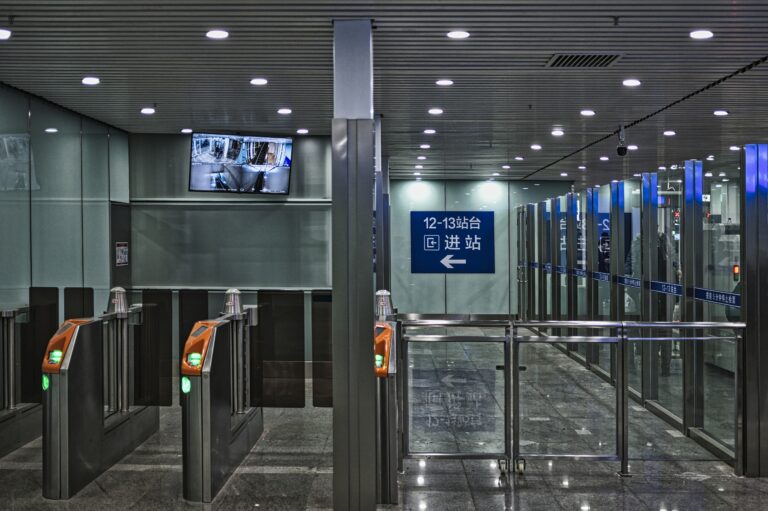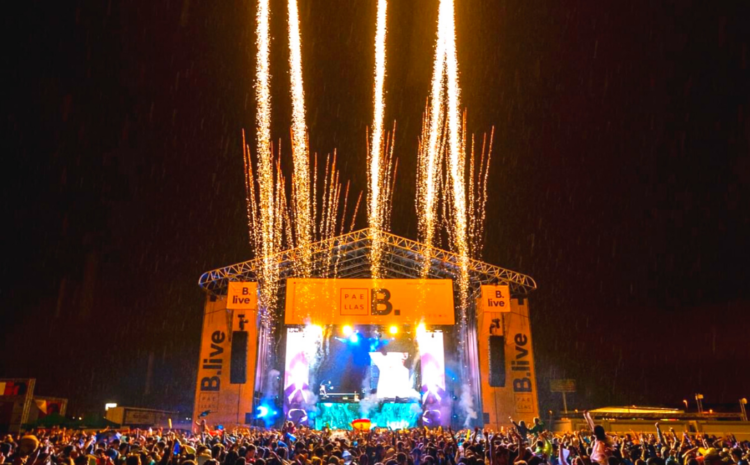Types of tickets for an event
Plan your event successfully by choosing from a wide variety of types of tickets for an event. Bikubo allows you to associate multiple categories of tickets in a dynamic and personalized way with the intention that you achieve your goals. Completely design your tickets to your liking, in an unforgeable way through QR security elements or barcodes.
Strategies for the types of tickets for an event with the establishment of different categories of tickets:
- Temporarily distribute income from tickets to your event.
- Target the type of public you intend to attend your event.
- Get orderly access for attendees to your event.
- Encourage attendance at your event by hours and days.
- Help promote and market your event.

Types of tickets for an event and characteristics:
General admission
· Types of tickets for a “common” event:
It is the type of common ticket, which usually requires the purchase, having a price that is usually accepted by the public to which it is directed. It does not usually entail extra services or products not expected by the assistant.
VIP
· Types of tickets for an event “with a higher experience”:
VIP attendees generally require the existence of a ‘General Admission’ ticket, thus providing the VIP with a higher experience than general admission. Using the tickets allows organizers to collect more money and generate more revenue. An example of VIP tickets is that of certain areas within a venue, limited in space, so that there are attendees who are willing to pay a premium, or offer a series of extra services (expedited entry to an event, sharing experiences with a singer, delivery of drinks…).
Free:
Free entry type is usually used for events focused on getting as many attendees as possible. The event usually has as a business model, that of getting sponsors and/or the sale of stands. The fact that it is free does not mean that it is addressed to any public, but rather that you can establish some conditions for its free nature.
Donation
· Types of tickets for a “fundraising” event:
In this case, attendees are allowed to enter the amount they deem appropriate. At events where attendees have high purchasing power, you can make them want to pay more for goods and services than a suggested price. It is also useful in events that aim to raise funds.
Early-bird
· Types of tickets for an event “with the intention of encouraging attendees and guaranteeing capacity”:
This is a type of ticket released before the sale is made than general admission tickets. In this way, you can get the attendees to be encouraged to buy tickets well in advance of the event date, and in this way you guarantee a minimum capacity for the event, and some income in the treasury that you can have for the organization of the event. same. To get early sales, you need to offer attendees an advantage in terms of ticket quality or in the form of a discount.
Passes
· Types of tickets for an event “with redemption by section”:
Passes are a set of tickets purchased in advance, which can be redeemed over the course of a set period of time or a series of events. Share early-bird benefits, as organizers receive money in advance, and attendees should also receive benefits to be encouraged to buy multiple tickets to different events in advance. The passes are ideal for events that can be subdivided into sessions or days, such as festivals or fairs lasting several days.
Session input
· Types of tickets for an event “by sections or themes”:
The session ticket is the ticket to an event that has been divided into different rooms or days, which can have access controlled in isolation. This type of ticket can be very useful, in events that expect a large number of attendees, and thus avoid overcrowding in sessions that are in high demand by attendees. In addition, with this type of tickets you can know the interest of those attending your event, by theme or speakers.
Ticket packages
· Types of tickets for a “combined purchase benefits” event:
It consists of distributing a certain number of tickets, leading to the joint acquisition of greater advantages than if they were sold individually. The advantages usually consist in the delivery of promotional products, or in establishing privileges with respect to other groups.
Membership
· Types of tickets for a “with unique privileges” event:
Attendees belonging to a membership usually receive a reward, which can be seen in a price reduction or in offering special services that are not offered to other attendees. You can use these types of tickets to get them to join a specific group that you’re interested in organizing.
Group discount:
You can encourage large groups to attend your event by offering a ticket discount for bulk purchases. It is usually aimed at certain groups: university students, school students, clubs, companies… This discount is useful if you expect not to fill the capacity.
Targeted discount
· Types of tickets for an event “price reduction for selected groups”:
Directed discounts are discounted tickets for being within a certain group that you are interested in attending the event. Offer targeted discounts when you see that your event does not have enough influx of a group that considers their presence at your event important.
Table and seating tickets
· Types of tickets for an event “with site map“:
The table and seating tickets allow attendees the opportunity to choose where they will physically be during the event, or allow the organizer to physically locate the attendees of the event, according to criteria that it deems convenient.
Virtual pass:
Virtual pass tickets allow attendees access to live streams or recorded sessions of an event.
Access doors:
You can categorize the tickets by the different access doors to the event, thus distributing the attendees to control the times and access areas.
Guest lists:
Guest lists usually correspond to attendees who contact someone from the organization. They are useful when we have people in our organization who are either looking for suitable attendees for the event, or are committed to inviting attendees within their functions.







